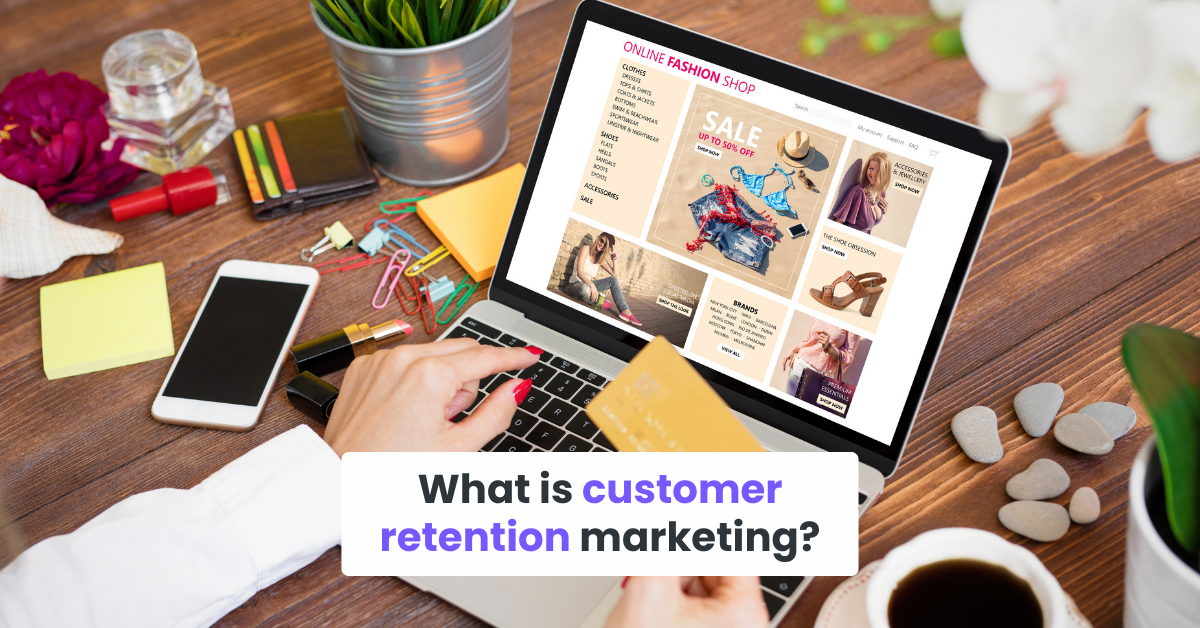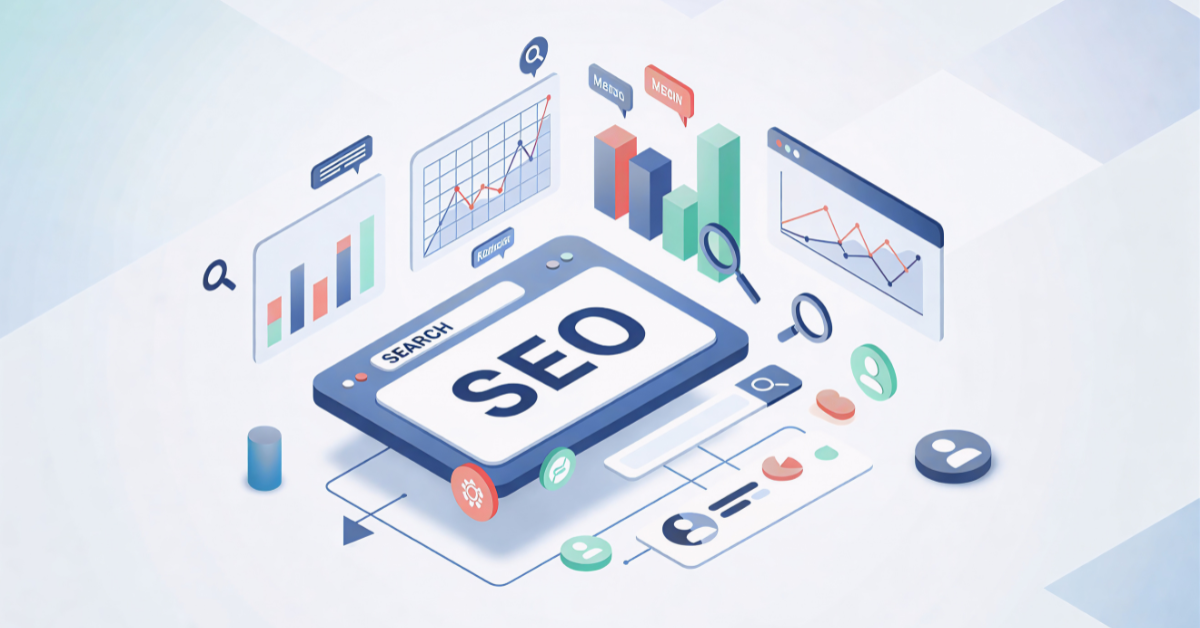Welcome to the world of customer retention marketing mastery! As a savvy marketer, you know that attracting new clients is only half the battle. The real magic happens when you can keep those clients happy, satisfied, and coming back for more. That's where customer retention marketing comes into play.
Now, you might be thinking, "But how do I become a master of customer retention? Is there a secret handshake involved?"
Well, fear not, my friend, because we've got you covered. In this blog, we're going to spill the beans on all the top tips and tricks that agencies like yours can use to keep clients doing the happy dance.
So, grab your favorite beverage, put on your thinking cap, and get ready to become a customer retention marketing maestro. By the time you're done with this blog, you'll be armed with the knowledge and strategies to keep your clients happy, your agency thriving, and your competitors green with envy.
Are you ready to embark on this epic quest? Let's do this!
What is customer retention marketing?

Customer retention refers to the ability of a business to retain its existing customers over a period of time. It is a crucial aspect of marketing that focuses on building long-term relationships with customers rather than solely focusing on acquiring new ones.
Customer retention marketing aims to keep customers engaged, satisfied, and loyal to a brand or agency. The significance of customer retention lies in the fact that it costs significantly less to retain existing customers than to acquire new ones.
Studies have shown that acquiring a new customer can be up to five times more expensive than retaining an existing customer base of one. By focusing on customer retention, agencies can reduce their marketing costs and increase their profitability.
Driving growth through customer retention marketing!
Prioritizing client retention is essential for agencies looking to achieve long-term growth and success.
By investing in building stronger client relationships, maximizing client lifetime value, enhancing client satisfaction, and leveraging retention marketing strategies, agencies can create a sustainable business model that fosters loyalty, stability, and profitability.
Remember, client retention is not just about keeping clients happy; it is about nurturing partnerships that benefit both the agency and the client in the long run.










